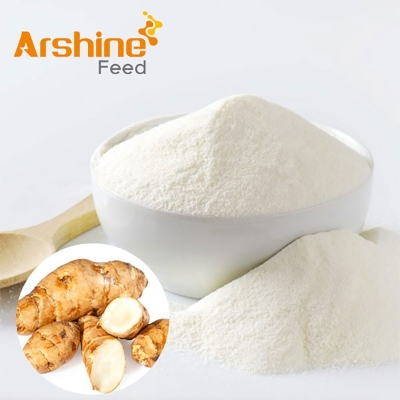-
Categories
-
Pharmaceutical Intermediates
-
Active Pharmaceutical Ingredients
-
Food Additives
- Industrial Coatings
- Agrochemicals
- Dyes and Pigments
- Surfactant
- Flavors and Fragrances
- Chemical Reagents
- Catalyst and Auxiliary
- Natural Products
- Inorganic Chemistry
-
Organic Chemistry
-
Biochemical Engineering
- Analytical Chemistry
-
Cosmetic Ingredient
- Water Treatment Chemical
-
Pharmaceutical Intermediates
Promotion
ECHEMI Mall
Wholesale
Weekly Price
Exhibition
News
-
Trade Service
(+)-Pantothenic acid, also known as vitamin B5, is an essential nutrient that plays a crucial role in many biological processes.
It is widely used in the chemical industry as a raw material for the production of various products, such as food additives, cosmetics, and pharmaceuticals.
In this article, we will discuss the instruction of (+)-Pantothenic acid in the chemical industry.
- Selection of raw materials
The selection of raw materials is the first and most important step in the production of (+)-Pantothenic acid.
High-quality raw materials are essential for the production of high-quality products.
In the chemical industry, raw materials are often sourced from suppliers, and it is important to select suppliers who can provide consistent quality and purity of raw materials. - Production process
The production process for (+)-Pantothenic acid typically involves several steps, including the purification and concentration of raw materials, the synthesis of the compound, and the isolation and purification of (+)-Pantothenic acid.
The production process should be carefully monitored and controlled to ensure the quality and purity of the final product. - Quality control
Quality control is a critical component of the production process in the chemical industry.
It involves the testing of raw materials, intermediates, and final products to ensure that they meet the required specifications for purity, potency, and efficacy.
Quality control is essential for ensuring the safety and effectiveness of (+)-Pantothenic acid and other chemical products. - Storage and packaging
The storage and packaging of (+)-Pantothenic acid are also important factors to consider in the production process.
The compound should be stored in a cool, dry, and dark place to prevent degradation and contamination.
The packaging should also be designed to protect the product from light, air, and moisture. - Regulatory compliance
The production and sale of (+)-Pantothenic acid are subject to various regulations and guidelines, including those set by the Food and Drug Administration (FDA) and the European Medicines Agency (EMA).
Compliance with these regulations is essential to ensure the safety and effectiveness of the product and to avoid legal and financial consequences. - Sustainability and environmental impact
The production and use of (+)-Pantothenic acid have a significant impact on the environment.
Therefore, it is important to consider sustainability and environmental impact in the production process.
This can be achieved by using eco-friendly raw materials, reducing waste and emissions, and adopting energy-efficient production methods.
In conclusion, the production of (+)-Pantothenic acid is a complex process that requires careful selection of raw materials, rigorous quality control, and compliance with regulatory guidelines.
By following these instructions, chemical companies can produce high-quality (+)-Pantothenic acid that meets the needs of the chemical industry and contributes to the health and well-being of people around the world.







